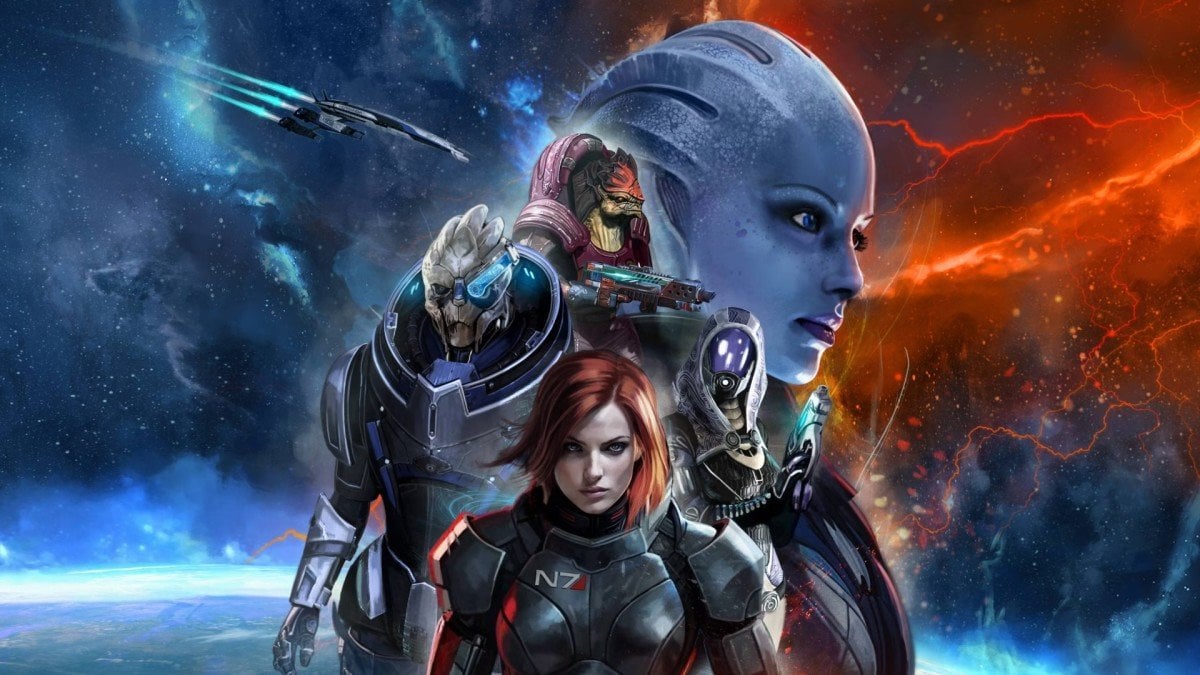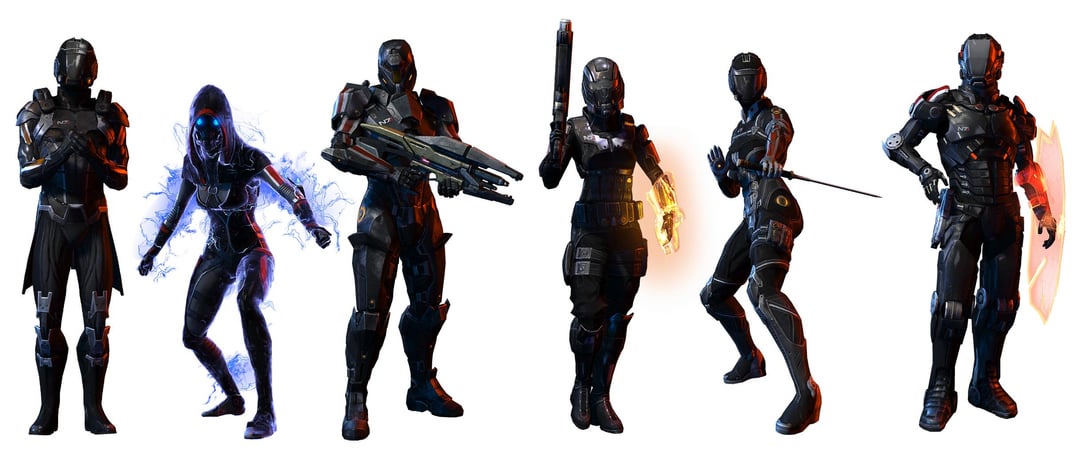Mass Effect Tabletop Roleplaying Games (TTRPGs) allow players to create unique characters and embark on adventures within BioWare's rich science fiction universe. These games focus on narrative-driven experiences, tactical combat, and the significant impact of player choices, echoing the core tenets of the video game series.
Available Systems & Approaches
While no single, universally adopted official Mass Effect TTRPG currently dominates the market, the setting's popularity has inspired numerous fan-created systems and adaptations. Many of these leverage existing popular TTRPG frameworks, modifying them to suit the specific needs of the Mass Effect universe. Common approaches include:

- D&D 5th Edition Adaptations: These are among the most popular, re-skinning or heavily modifying 5e classes, spells (as biotics/tech powers), and mechanics. Projects often referred to as "Mass Effect 5e" or "N7 World" fall into this category, providing comprehensive rulesets for players and Game Masters (GMs).
- Generic Systems: Flexible systems like Savage Worlds, Genesys, or Fate Core are often adapted. Their modular nature allows GMs to build mechanics that specifically reflect Mass Effect's technology, powers, and combat style.
- Custom-Built Systems: Dedicated fans have also developed entirely original systems designed from the ground up to emulate the Mass Effect experience, focusing on unique mechanics for biotic and tech powers, ship combat, and the Paragon/Renegade morality system.
Capturing the Mass Effect Essence
A successful Mass Effect TTRPG should strive to incorporate several key elements that define the source material. These ensure an authentic experience for players familiar with the universe.
Character Creation: This is a cornerstone, allowing players to embody diverse individuals. Key aspects include:
- Species: Options typically include Human, Asari, Turian, Salarian, Krogan, Quarian, and potentially Drell or Batarian, each with unique traits and societal backgrounds.
- Classes/Archetypes: Mirroring the video games, characters often align with roles like Soldier (combat specialist), Engineer (tech expert), Adept (biotic powerhouse), Sentinel (biotic/tech hybrid), Infiltrator (tech/combat stealth), and Vanguard (biotic/combat close-quarters). These define initial skills and power access.
- Powers: Biotic abilities (e.g., Throw, Warp, Singularity) and Tech powers (e.g., Overload, Incinerate, AI Hacking) are fundamental, requiring specific rules for their use, cooldowns, and impact.
- Backgrounds & Morality: A character's origin (e.g., Earthborn, Spacer, Colonist) and their leaning towards Paragon (idealistic, selfless) or Renegade (pragmatic, ruthless) actions significantly influence roleplaying and narrative outcomes.
Gameplay Pillars: The experience should revolve around:
- Tactical Combat: Emphasis on cover-based shooting, strategic use of biotic and tech powers, squad synergy, and varied enemy types (mechs, husks, mercenaries).
- Exploration & Discovery: Visiting known and new planets, uncovering ancient secrets, interacting with diverse cultures, and navigating the vastness of the Milky Way.
- Social Interaction & Investigation: Engaging in dialogue, making difficult choices with branching consequences, gathering intelligence, and navigating complex political landscapes.
- Starship Operations: For some campaigns, managing and utilizing a starship (like the Normandy) for travel, reconnaissance, and even space combat can be a significant feature.
Running a Mass Effect Campaign
For Game Masters: The GM's role is to craft compelling narratives that fit the Mass Effect tone. This involves:
- Building scenarios with meaningful choices and consequences.
- Balancing combat encounters to be challenging yet fair, encouraging tactical thinking.
- Portraying a living galaxy with diverse NPCs and factions.
- Integrating elements of mystery, action, and personal drama.
- Adapting or creating threats, from local warlords to galaxy-spanning conspiracies.
Playing in a Mass Effect Campaign
For Players: Success and enjoyment come from engaging deeply with the setting and their character. This means:
- Developing a character with clear motivations, strengths, and flaws.
- Interacting with the world and its inhabitants in a way that reflects their character's personality and moral compass.
- Collaborating with fellow players, utilizing combined skills and powers to overcome challenges.
- Making impactful decisions and embracing the consequences, shaping the story through their actions.
Ultimately, a Mass Effect TTRPG offers a platform for collaborative storytelling, allowing groups to forge their own legends within a beloved science fiction universe, extending far beyond the narratives of the original games.








